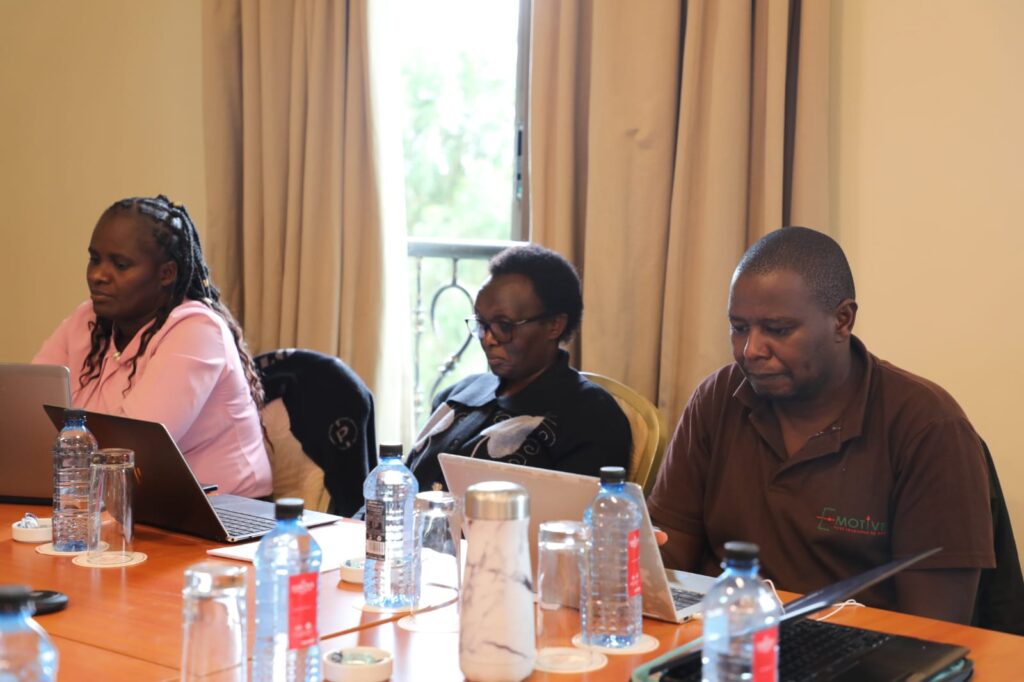Community Health Services are the cornerstone of health delivery in rural and underserved areas, addressing the unique health needs of populations often far from conventional health facilities. Delivered by Community Health Promoters (CHPs), these services form the bedrock of primary health care, focusing on disease prevention, health promotion, and simple curative interventions. However, the effectiveness of CHPs hinges on comprehensive and standardized training that equips them with the skills and knowledge needed to lead health improvement initiatives in their communities.
A well-developed curriculum is indispensable to building CHPs’ capacity effectively. This curriculum must not only standardize training but also align with the National Occupational Standards and the dynamic health challenges communities face. The CHU4UHC Project, in collaboration with the Division of Community Health (DCH), partners and subject matter experts from different departments, has made significant strides in developing and digitizing the Community Health Promoters curriculum. These efforts are critical in equipping CHPs to address both communicable and non-communicable diseases, reproductive health, and more.
Key milestones in the development of the Community Health Promoters (CHP) curriculum include the creation of a Basic Curriculum, developed collaboratively with the Ministry of Health and partners and funded by the Global Fund, providing the foundation for CHP training. Modules addressing communicable diseases such as HIV, TB, malaria, and neglected tropical diseases (NTDs) have been completed and digitized with support from the CHU4UHC and SLQS projects. Reproductive Health and RMNCAH modules are near completion, with the revised curriculum already deployed in Turkana under the Transcend Project for host and refugee populations. Additionally, modules on Non-Communicable Diseases (NCDs), including mental health, GBV, older persons’ health, and oral/vision/ear health, have been developed and await finalization. These milestones demonstrate a comprehensive approach to equipping CHPs with the skills needed to address the diverse health needs of their communities.




Innovations in Curriculum Delivery: Digitization and Blended Learning
The CHU4UHC Project, in partnership with the Division of Community Health, is advancing curriculum digitization and working to have it uploaded on the MoH Virtual Academy to enhance access and flexibility. Collaborating with the Ministry of Digital Health and IT, they have managed to digitize the Basic Curriculum for deployment using the Moodle lesson tool technology on the MoH Virtual Academy Once completed, the curriculum will be deployed through the mentor-mentee blended learning methodologies.
The digitized curriculum is undergoing validation and approval by the Capacity Building Technical Working Group (TWG), ensuring it meets the highest standards. Once finalized, it will transform CHP training by providing an accessible, interactive, and scalable learning experience.
Conclusion
A well-developed curriculum is foundational to the success of community health programs. By equipping CHPs with standardized, comprehensive, and accessible training, Kenya is not only strengthening its primary healthcare system, but also empowering CHPs to lead transformative health initiatives. These efforts by CHU4UHC, in collaboration with the Ministry of Health and partners, underline the importance of collective action in realizing Universal Health Coverage (UHC) through robust community health services.

